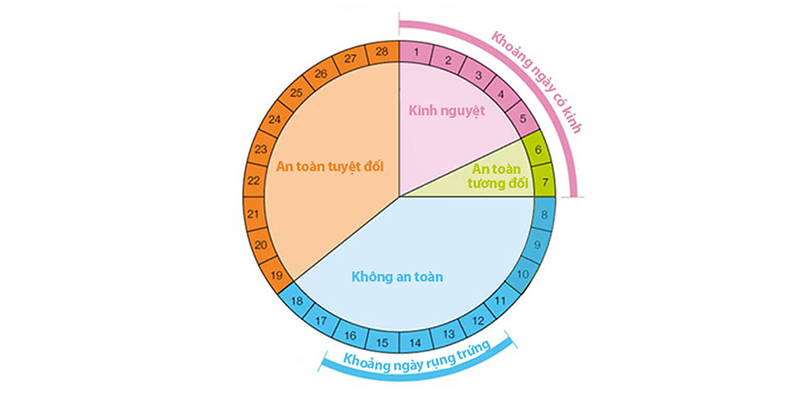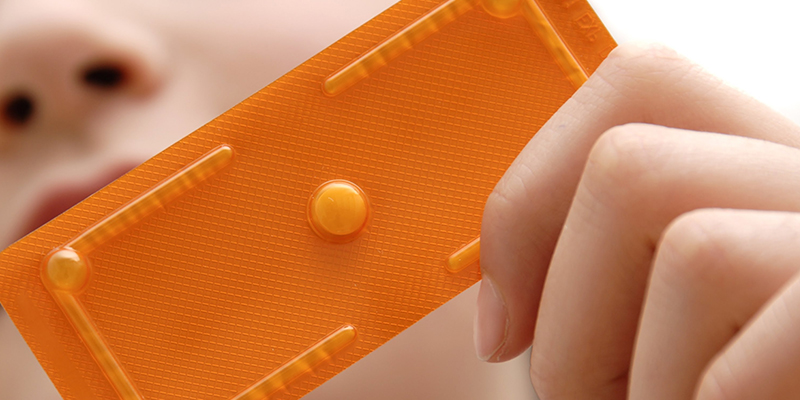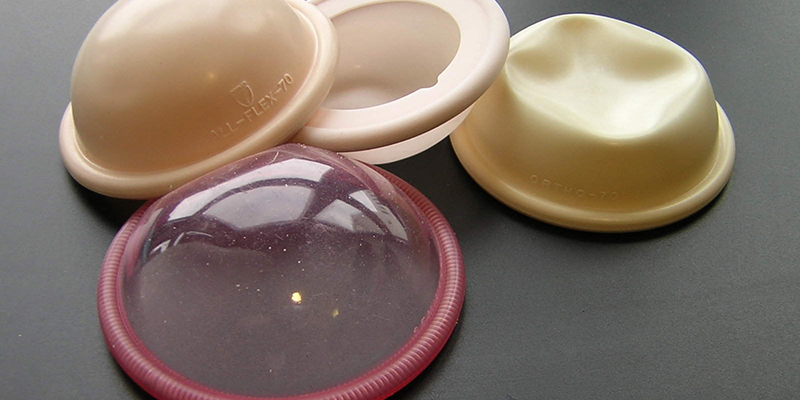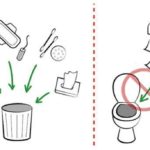Contraception is an important topic, and there are many methods to choose from. Here is an overview of some popular contraception methods available, including their advantages and disadvantages.
1. Condoms
 Condoms
Condoms
Condoms are one of the most popular and effective contraception methods available. They are easy to use, affordable, and offer protection against sexually transmitted infections (STIs).
Effectiveness: Up to 98%
Pros:
- Easily accessible and affordable.
- Easy to use.
- Can enhance pleasure and prolong intercourse.
- Protects against STIs.
Cons:
- Single-use only.
- Some people may experience allergies or irritation.
- Incorrect size can lead to slippage during intercourse.
2. Natural Family Planning (NFP)

NFP, or fertility awareness, is a traditional method of contraception that involves tracking a woman’s menstrual cycle to identify fertile days. It is effective when done correctly but requires discipline and a consistent cycle.
Effectiveness: 75 – 80%
Pros:
- Easy to practice without any cost.
- Does not affect health or fertility.
Cons:
- High risk of failure due to individual variations in cycles.
- Requires monitoring of at least 8 recent cycles to ensure accuracy.
3. Daily Contraceptive Pills

Daily contraceptive pills come in two types: combined pills containing progestin and estrogen, and progestin-only pills. They offer a convenient and effective way to prevent pregnancy.
Effectiveness: 80 – 95%
Pros:
- Low side effects.
- Allows for immediate return to fertility after stopping.
- Reduces menstrual pain, acne, and regulates cycles.
Cons:
- Must be taken daily at a fixed time for maximum effectiveness.
- Potential side effects include nausea, headaches, and irregular periods when starting.
- Does not protect against STIs.
4. Emergency Contraceptive Pills

Emergency contraceptive pills contain high doses of progestin and are effective when taken soon after unprotected intercourse. They work by preventing ovulation, altering the uterine lining, and inhibiting fertilization.
Effectiveness: 95 – 99%
Pros:
- Easy to use and highly effective.
Cons:
- Should not be used as a regular contraception method.
- Potential side effects include nausea, dizziness, breast tenderness, and irregular bleeding.
- Does not protect against STIs.
5. Spermicides
Spermicides are chemical substances inserted into the vagina before intercourse. They create a barrier that immobilizes or kills sperm.
Effectiveness: 70 – 80%
Pros:
- Easy to use and safe.
- Can be used or discontinued at any time.
- Increases vaginal lubrication.
Cons:
- Expensive and less effective compared to other methods.
- May cause irritation to both partners, especially with frequent use.
- Can disrupt the vaginal pH, leading to urinary tract infections.
- Does not protect against STIs.
6. Contraceptive Implants

Contraceptive implants are small, flexible rods inserted under the skin of the upper arm. They release a progestogen hormone that prevents pregnancy for an extended period.
Effectiveness: 99.95%
Pros:
- A single implant can provide contraception for up to 3 years, with some lasting up to 5-7 years.
- Fertility returns quickly after removal.
Cons:
- May experience irregular bleeding, spotting, or amenorrhea during the first few months.
- Other possible side effects include headaches, nausea, and breast tenderness.
- Does not protect against STIs.
7. Intrauterine Device (IUD)

An IUD is a small, T-shaped device inserted into the uterus by a healthcare provider. It is a long-acting and highly effective form of contraception.
Effectiveness: Up to 99%
Pros:
- Highly effective and long-lasting (up to 5 years).
- Inexpensive and does not interfere with sexual pleasure.
- Does not affect milk quality for breastfeeding mothers.
Cons:
- May increase the risk of pelvic inflammatory disease.
- Potential side effects include irregular bleeding, heavy periods, and other symptoms like headaches, nausea, and acne.
- Does not protect against STIs.
8. Female Sterilization
Female sterilization is a permanent contraception method that involves a surgical procedure to block the fallopian tubes, preventing fertilization.
Effectiveness: 100%
Pros:
- Simple, one-time procedure with permanent effectiveness.
Cons:
- Irreversible, so consider carefully before deciding.
- There are rare surgical risks associated with the procedure.
- Does not protect against STIs.
9. Male Sterilization (Vasectomy)
Male sterilization, or vasectomy, is a surgical procedure that involves cutting and sealing the vas deferens tubes that carry sperm. It is a safe and effective long-term contraception method.
Effectiveness: 99%
Pros:
- One-time procedure with long-lasting effectiveness.
- Reversible through another surgery to reconnect the vas deferens.
Cons:
- It takes time for the procedure to become fully effective, typically around 2 months.
- Does not protect against STIs.
10. Contraceptive Patch

The contraceptive patch is a small, thin patch that releases hormones (estrogen and progestogen) through the skin into the bloodstream. It is replaced weekly and offers a convenient alternative to daily pills.
Effectiveness: 99%
Pros:
- Convenient and easy to use, can be placed almost anywhere on the body except the breasts.
- Highly effective and reduces the risk of forgetting to take a pill.
Cons:
- Potential side effects include breast tenderness, headaches, and nausea. Not suitable for individuals with cardiovascular conditions.
- Does not protect against STIs.
11. Female Condom

The female condom is a thin, flexible pouch with a closed end and a flexible ring at each end. It is inserted into the vagina before intercourse and provides a physical barrier to prevent pregnancy.
Effectiveness: Up to 98%
Pros:
- Highly effective, similar to male condoms.
- Can be used by women who have recently given birth (after 6 weeks) without adverse effects.
Cons:
- Must be used with spermicide for maximum effectiveness.
- Incorrect use or vigorous intercourse can dislodge the condom.
- Does not protect against STIs.
Additionally, you can refer to tips on how to recognize pregnancy to timely detect and monitor the pregnancy process.
As you can see, there is no single most effective contraception method. It is essential to choose the method that suits you and your partner best. We hope that this article has provided you with the information you need to make an informed decision about your contraception choices.
Exploring the Use of Birth Control Pills for Acne Treatment
Are you curious about the advantages and disadvantages of taking daily birth control pills? Do women who take them experience better looking and feeling skin during their periods? DienmayXANH.com is here to discuss all of these questions and list all of the potential pros and cons of using birth control pills!
Exploring the Benefits and Methods of Family Planning
Family planning is an important tool for not only promoting development and stability, but also for creating stronger and more secure family bonds. In this article, we will explore the key benefits of family planning, as well as providing practical advice for effectively implementing it in one’s family life.
4 Common Birth Control Methods That May Not Be Effective
There are four common contraception methods that are often shared and practiced, but they may not be as effective as you think. Let’s delve into this topic and uncover the truth about these methods.














